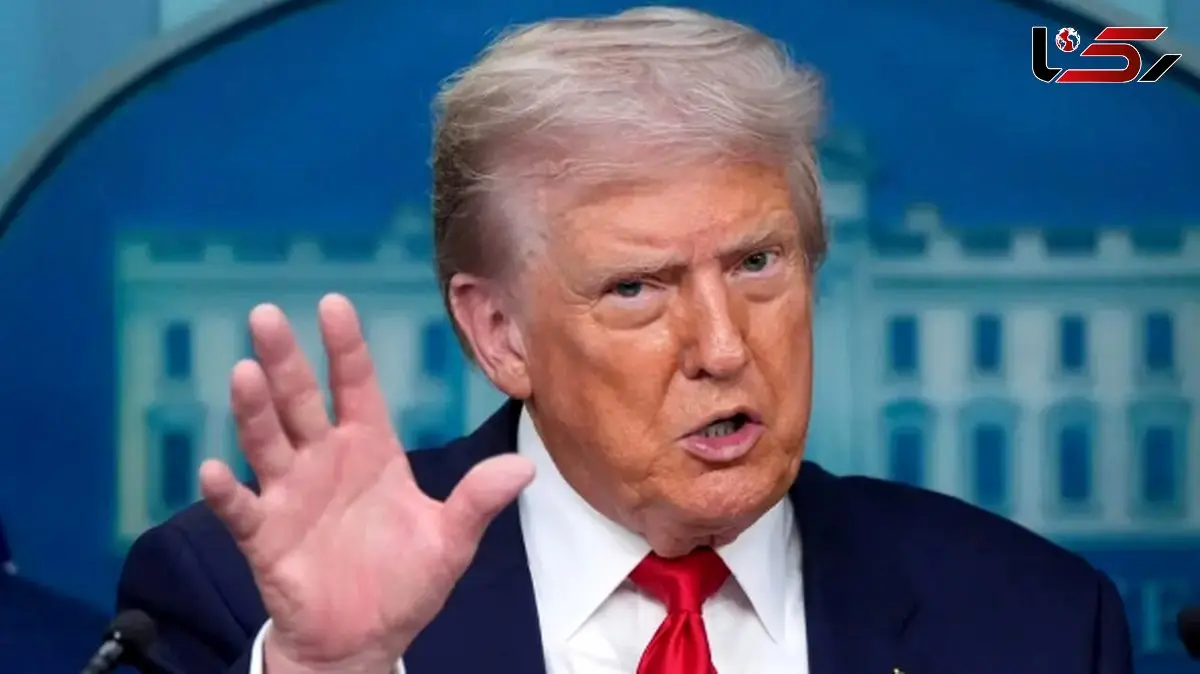Trump Confronts Potential Congressional Vote on Unsealing Epstein Files
Rokna Political Desk: Donald Trump is facing growing political pressure as Congress moves toward a potential vote on releasing the Jeffrey Epstein files, despite his unsuccessful efforts to persuade key Republican lawmakers to withdraw their support.

According to Rokna, citing The Guardian, Donald Trump is now confronted with the likelihood of a politically damaging congressional vote on whether to release the Jeffrey Epstein files, after his attempts to persuade two female members of Congress to withdraw their support for the effort appear to have fallen short.
Lauren Boebert, a Republican representative from Colorado, and Nancy Mace of South Carolina have reportedly refused to remove their names from a discharge petition that would force a vote, leaving Trump vulnerable on an issue that could alienate parts of his Maga base.
Boebert remained committed to the petition even after Trump invited her to the White House in an effort to convince her to retract her signature. The meeting took place just hours after Democrats on the House oversight committee published a set of emails suggesting Trump may have been more aware of Epstein’s exploitation of underage girls than he had previously acknowledged. In one email, the disgraced financier—who died by suicide in 2019 while awaiting trial—wrote that Trump “knew about the girls.”
The Times reported that the White House pressed Boebert to change course, recruiting attorney general Pam Bondi and FBI director Kash Patel to help, before ultimately issuing “vague threats” when persuasion failed. Individuals familiar with Boebert’s thinking told the paper that this aggressive approach backfired, convincing her that there might be an effort to hide what is in the files and strengthening her resolve.
Trump also reportedly tried unsuccessfully to reach Mace by phone; she later wrote him a letter outlining her own experiences of sexual abuse and explaining why she would not reverse her stance. On social media, she said the “Epstein petition is deeply personal.”
Two other Republican lawmakers—Marjorie Taylor Greene of Georgia, once a staunch Trump ally, and Thomas Massie of Kentucky—have also signed the petition.
The threshold of 218 signatures needed to advance the measure and allow a House vote was met this week when Democrat Adelita Grijalva was sworn in, more than two months after winning a special election in Arizona following her father’s death. Democrats have accused House speaker Mike Johnson of intentionally delaying her swearing-in to deny the petition enough support and stall a vote. Trump has also been lobbying behind the scenes to prevent the measure from reaching the House floor.
Ro Khanna, a Democratic representative from California, predicted that between 40 and 50 Republicans could ultimately side with Democrats and vote to release the files. The bill, however, would still need Senate approval, which remains unlikely. Even if it passed both chambers, Trump—who offered mixed signals last year about releasing the documents—could veto it.
Still, the prospect of a Republican-controlled House voting to unseal the files poses significant political risk for Trump, potentially emboldening supporters who want the records made public and weakening backing within his base.
A Trump ally told Politico that the newly published emails had “taken things that are already complicated for the president and brought them to the surface,” comparing the situation to adding salt to a dish: “the flavors are already there, it just accentuates all of them.”
White House press secretary Karoline Leavitt dismissed the email releases as “a distraction campaign by the Democrats and the liberal media,” arguing that they had shifted attention away from the government reopening after a 43-day shutdown—the longest in US history—which ended when Trump signed a long-delayed spending bill.
The renewed focus on Epstein also comes as the US supreme court has signaled that it may strike down one of Trump’s key tariff policies.
Send Comments